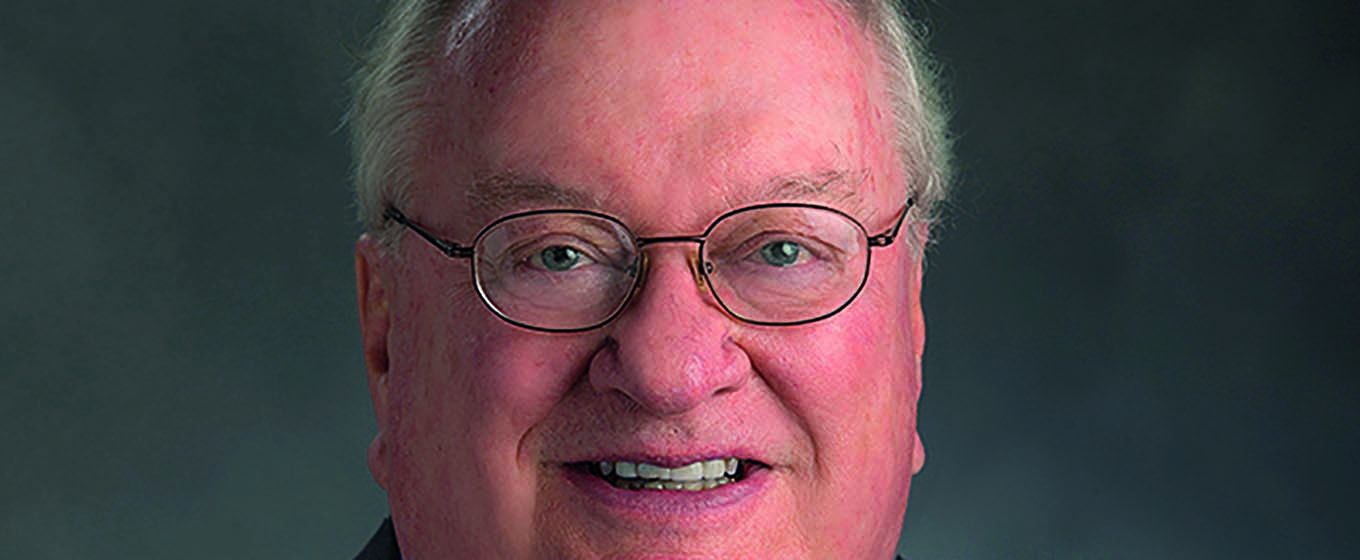Meet the experts. John Hudzik - Michigan State University

As we struggle through an unprecedented global disruption of just about everything—e.g., lives, jobs, health, economies—we witness once again the powerful influences of globalization. I am also reminded of Winston Churchill who said, “If going through hell, keep going!”
It was a “Pre-Covid” world when I first wrote for this Newsletter six months ago. I noted that, “Globalization is not going away, although morphing and maturing and that the need for higher education international engagement to benefit all students, staff and communities will increase, not decrease.” Both statements remain true today in a Covid and a Post-Covid world—perhaps more so.
While predictors of challenge to internationalization were detectable well prior to COVID-19, they are now magnified many folds by it. For example: decades of public disinvestment in higher education is exacerbated by the COVID-19 economic fallout. Funding for international activities will not return to Pre-Covid levels for several years, if then. The global spread of access to education and research capacity closer to home is expanding regional competition for the best students and scholars. Mobility routes are changing. More cost effective, eco-friendly, and flexible models of mobility (short, long, internships, and not-for-credit) have been on demand for many years and will be pulled forward by Post-Covid global conditions.
Digital meetings and learning are proving to be workable alternatives to physical models —if not ideal in all circumstances, or in the eyes of purists. The hybridization of virtual and physical models into mutually-reinforcing pedagogies will rapidly develop in higher education generally, and pressure internationalization to do the same. Internationalizing curricula at home will require pedagogies that blend active learning, innovative use of technology, and the artful blending of at-home and physical mobility in teaching/learning and research/scholarship for international engagement. E-Science collaborative models diversify modes of international engagement to meet the emerging new normal.
A Road for Change and Innovation.
Mark Twain reminds us that, “the secret to getting ahead is getting started.” Disruptions like Covid “birth opportunity.” Our opportunities are not in defending the status quo and the way we do it now, nor in hoping for a return to normal. The status quo was supported by an environment that is gone and will not return. The big question for internationalists: Do we aim to change and innovate to meet a new reality, or do we choose to defend the status quo and likely begin to wither?
The reality is that change will drive our futures whether we participate or not. It is better to be proactive change agents, rather than waiting to be run over. Genuine openness to new ideas and ways of engaging internationalization is required, as is involving student, community and institutional clientele in setting and implementing priorities for change.
A Paradigm Shift is needed to address the “new normal” by refocusing on internationalization’s goals and outcomes as drivers. Existing large infrastructures of current practices and vested interests inherently are change resistant. For example: Prioritize enhancing options for cross-cultural learning, experience and its attendant outcomes, rather than focusing on the movement of bodies across borders as an end in itself or the only means. Blend physical and virtual cross-border mobility; and blend-in the use of cross cultural opportunities at home.
Our biggest challenge may be us. Innovation involves personal risk and giving up the comfort of the familiar. A challenge such as COVID-19 can appear so daunting in its scale and scope that we atrophy in searching for responses. The challenge for the future is to “get started.” Self-examination, change, innovation, open-mindedness, and drive are qualities that we need now more than ever.

